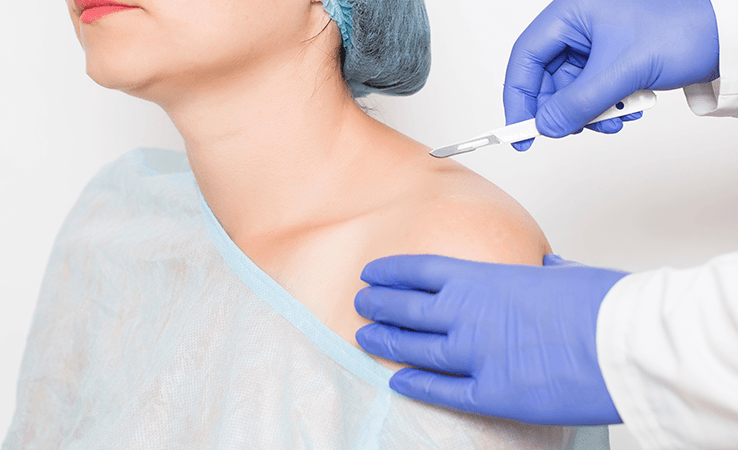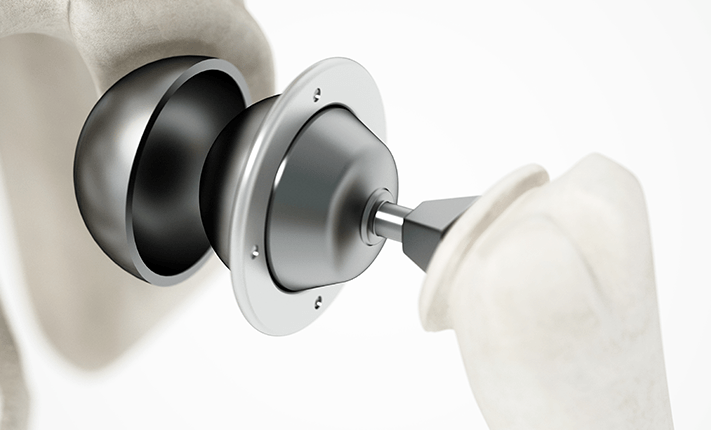What is Shoulder Replacement Surgery?
Shoulder replacement surgery, also known as shoulder arthroplasty, is a procedure where a damaged or diseased shoulder joint is replaced with an artificial implant. This surgery is performed to relieve pain, restore function, and improve mobility for individuals suffering from severe arthritis, fractures, or other shoulder conditions. The procedure involves removing damaged bone and cartilage and replacing them with prosthetic components made of metal and plastic to replicate normal joint movement.
When is Shoulder Replacement Surgery Needed?
Shoulder replacement is typically considered when:
Severe shoulder pain interferes with daily activities such as lifting, reaching, or even sleeping
Conservative treatments like physiotherapy, medications, and injections no longer provide relief
Imaging tests such as X-rays or MRI scans show significant joint damage or degeneration
The shoulder joint is severely deformed, limiting mobility and causing chronic discomfort
The patient’s quality of life is significantly affected due to ongoing pain and restricted movement










